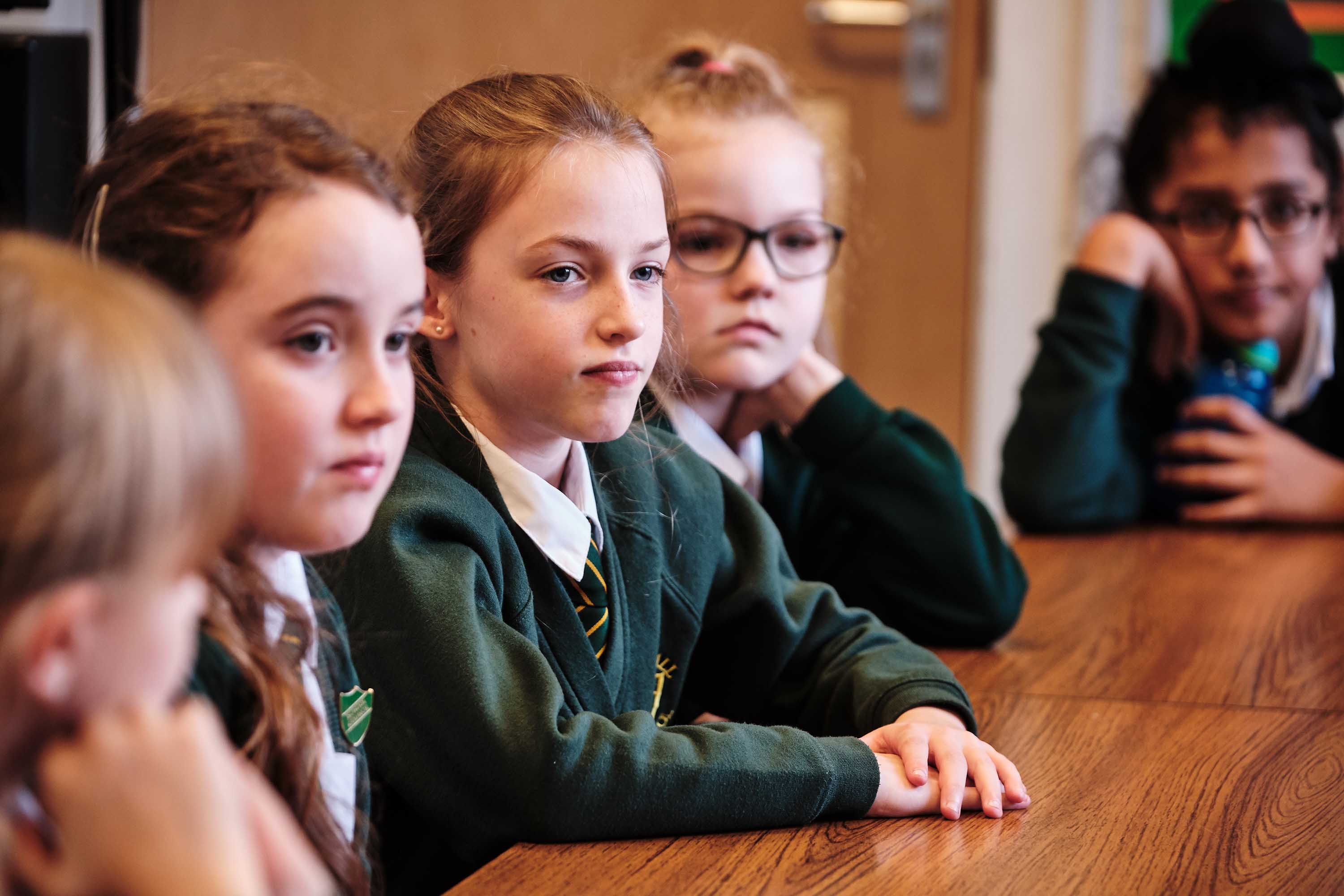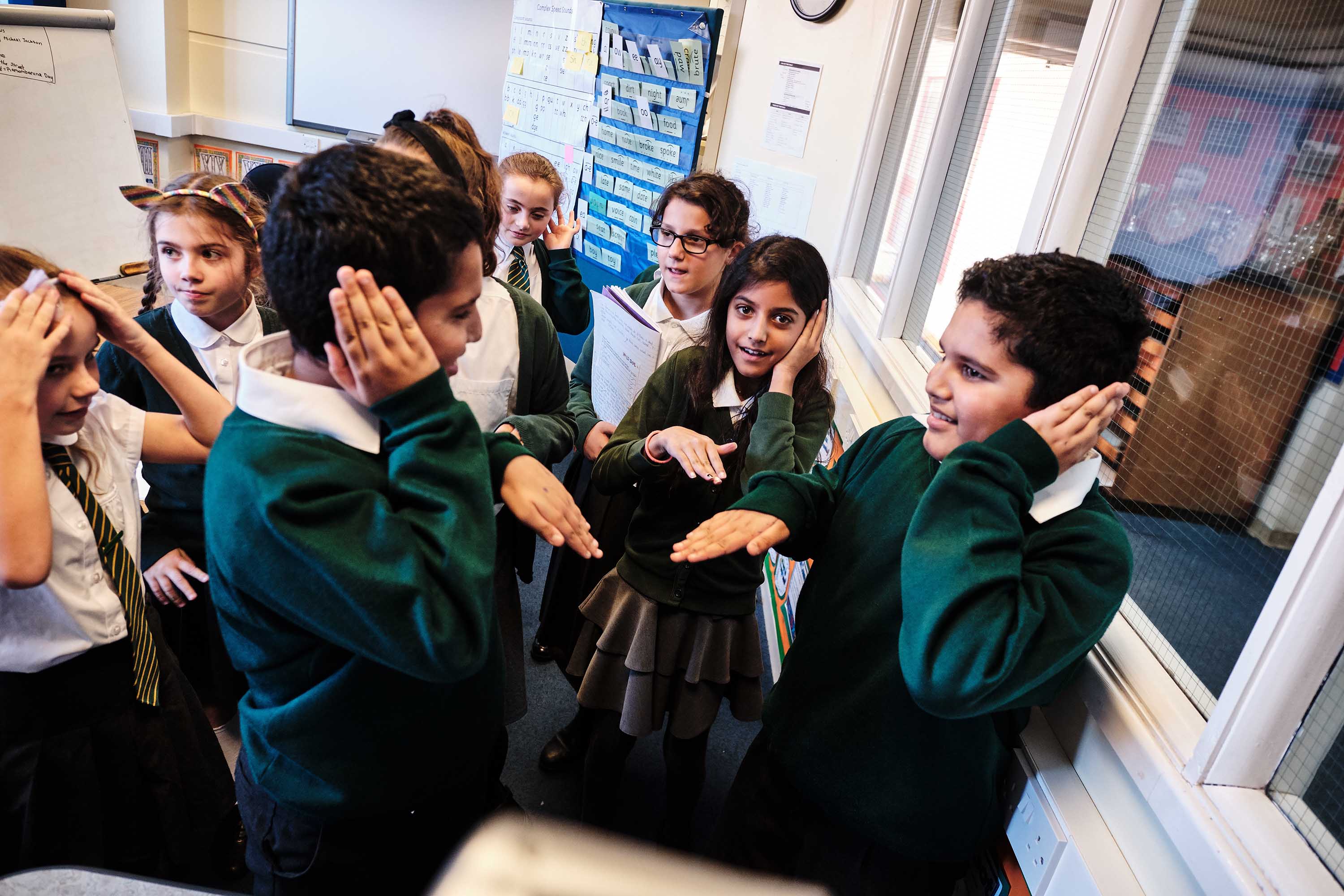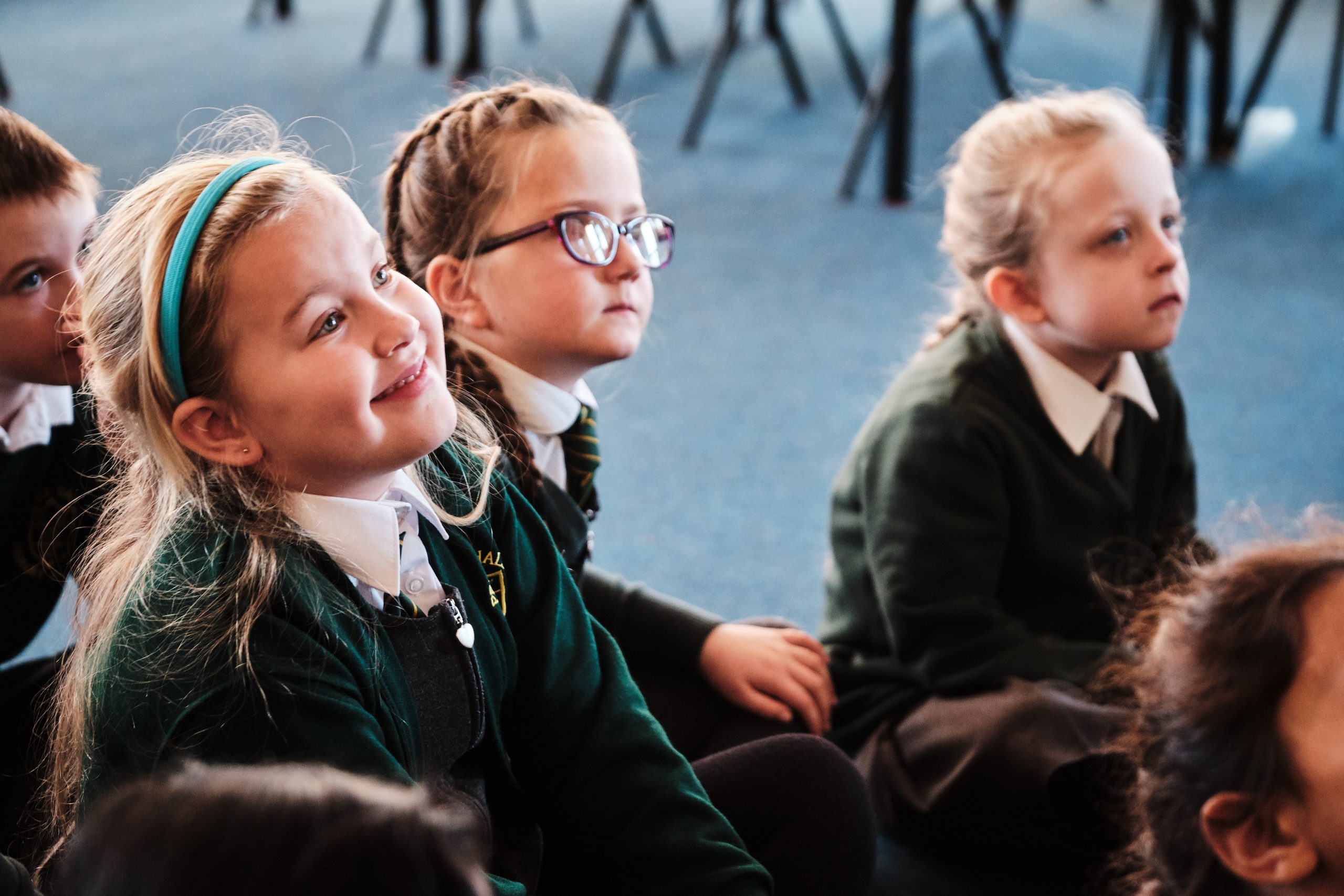PSHE
Subject Leader – MRS L DODD
PSHE at Perry Hall
At Perry Hall, we ensure that the wellbeing and safety of our pupils is paramount. We strive to provide pupils with the building blocks to create children who are aware of emotions and strategies to self-regulate. Our PSHE curriculum is vital in creating this. Following the SCARF approach, our lessons are taught centred on 6 key themes:
Me and My Relationships: Explores feelings and emotions, develops skills to manage conflict, helps identify our special people and equips children to recognise the qualities of healthy friendships and how to manage them.
Valuing Difference: Includes a strong focus on British Values, supports children to develop respectful relationships with others, recognise bullying and know their responsibilities as a bystander.
Keeping Myself Safe: Covers a number of safety aspects from statutory Relationships Education including being able to identify trusted adults in their lives, what to do when faced with a dilemma and recognising appropriate and inappropriate touch.
Rights and Responsibilities: Explores broader topics including looking after the environment, economic education and the changing rights and responsibilities children have as they grow older
Being my best: Includes a focus on keeping physically healthy, developing a growth mindset to facilitate resiliency, setting goals and ways to achieve them.
Growing and Changing: Has age-appropriate plans to cover the physical and emotional changes that happen as children as they grow older, including changes at puberty and how to approach this with confidence. Age-appropriate lessons on relationships and sex education are also included.
In the EYFS children’s PSED learning underpins the curriculum and follows three strands, self-regulation, managing self and building relationships.
At Perry Hall, PSHE is timetabled and taught weekly. With the help of the Healthy Schools councillors, the subject is also enhanced by whole-school events for everyone to enjoy and get involved with around important topics such as Anti-Bullying, Children’s Mental Health or Road Safety.
By the time our pupils leave us, our aim is for them to be well-rounded citizens. We aim for our pupils to be accepting of everyone – no matter their race, gender, orientation or background; for our pupils to have an awareness of their own emotions and mental health and the strategies they can use to support this; for our pupils to understand how to stay safe in every way and to know what is acceptable behaviour; and for them to know how and who to ask for help when they need it.



WHY IS PSHE IMPORTANT TO OUR CHILDREN?
Year 2 Child
We learn about how to stay happy in PSHE and we talk about our feelings and learn how to play games safely.
Year 6 Child
In PSHE, we learn to help each other, about our mental health and relationships. We also learn how to resolve conflict and friendships.
Our subject leader
Click here for our subject leader biography.
PSHE in EYFS
This document demonstrates which statements from the 2021 Birth to 5 Matters are prerequisite skills for PSHE within the national curriculum. The table below outlines the most relevant statements taken from the Early Learning Goals in the EYFS statutory framework and the Birth to 5 Matters age ranges for Three and Four-Year-Olds and Reception to match the programme of study for history.
The most relevant statements for PSHE are taken from the following area of learning: PSED
Twos provision
Learns that they have similarities and differences that connect them to, and distinguish them from, others Has a sense of own immediate family and relations and pets In pretend play, imitates everyday actions and events from own family and cultural background, e.g. making and drinking tea, going to the barbers, being a cat, dog or bird.
Nursery
- Select and use activities and resources, with help when needed. This helps them to achieve a goal they have chosen, or one which is suggested to them.
- Develop their sense of responsibility and membership of a community.
- Become more outgoing with unfamiliar people, in the safe context of their setting.
- Show more confidence in new social situations. • Play with one or more other children, extending and elaborating play ideas.
- Find solutions to conflicts and rivalries. For example, accepting that not everyone can be Spider-Man in the game, and suggesting other ideas. • Increasingly follow rules, understanding why they are important.
- Remember rules without needing an adult to remind them.
- Develop appropriate ways of being assertive.
- Talk with others to solve conflicts.
- Talk about their feelings using words like ‘happy’, ‘sad’, ‘angry’ or ‘worried’.
- Understand gradually how others might be feeling.
- Be increasingly independent in meeting their own care needs, e.g. brushing teeth, using the toilet, washing and drying their hands thoroughly.
- Make healthy choices about food, drink, activity and toothbrushing.
Reception
- See themselves as a valuable individual.
- Build constructive and respectful relationships.
- Express their feelings and consider the feelings of others.
- Show resilience and perseverance in the face of challenge.
- Identify and moderate their own feelings socially and emotionally.
- Think about the perspectives of others.
- Manage their own needs. – Personal hygiene
- Know and talk about the different factors that support their overall health and wellbeing: – regular physical activity – healthy eating – toothbrushing – sensible amounts of ‘screen time’ – having a good sleep routine – being a safe pedestrian
End of Reception Early Learning Goals (ELG)
Self-Regulation
- Show an understanding of their own feelings and those of others, and begin to regulate their behaviour accordingly.
- Set and work towards simple goals, being able to wait for what they want and control their immediate impulses when appropriate.
- Give focused attention to what the teacher says, responding appropriately even when engaged in activity, and show an ability to follow instructions involving several ideas or actions. Managing Self
- Be confident to try new activities and show independence, resilience and perseverance in the face of challenge.
- Explain the reasons for rules, know right from wrong and try to behave accordingly.
- Manage their own basic hygiene and personal needs, including dressing, going to the toilet and understanding the importance of healthy food choices. Building Relationships
Cultural Capital opportunities in PSHE
EYFS
-
School rules
-
School Values
-
Whole school collaboration on Awareness key days (anti-bullying week, children’s mental health week, National Oral health day, Safer Internet day, Healthy eating week)
Key Stage 1
-
School rules
-
School Values
-
Assemblies – Values, Celebration, awareness key days
-
Whole school collaboration on Awareness key days (anti-bullying week, children’s mental health week, National Oral health day, Safer Internet day, Healthy eating week)
Key Stage 2
-
School rules
-
School Values
-
Assemblies – Values, Celebration, awareness key days
-
Whole school collaboration on Awareness key days (anti-bullying week, children’s mental health week, National Oral health day, Safer Internet day, Healthy eating week)
